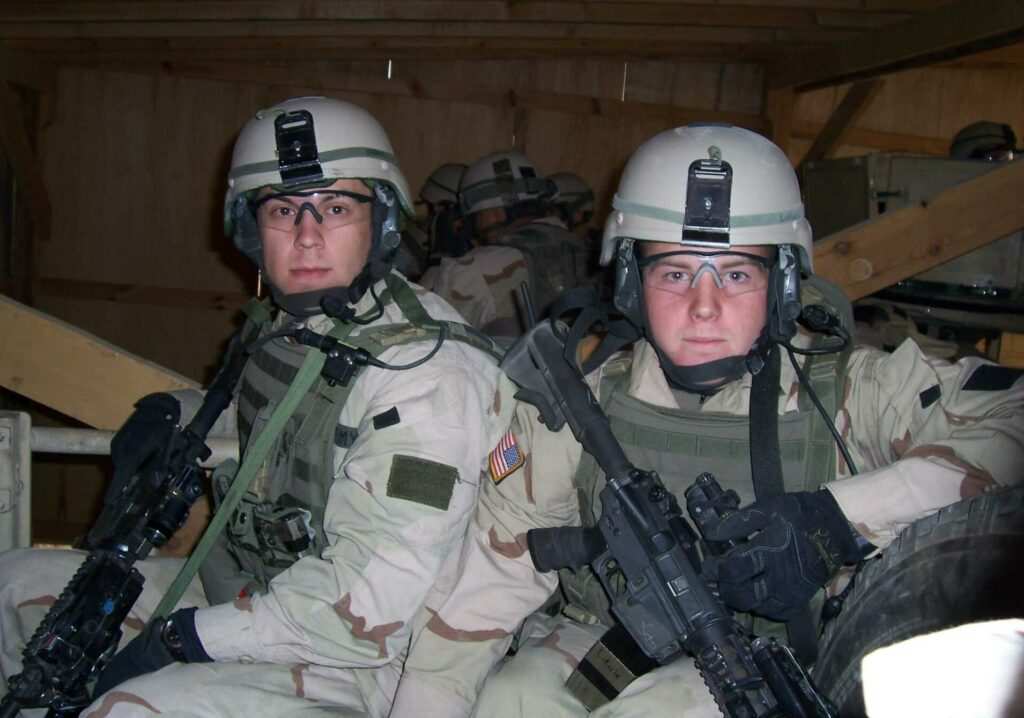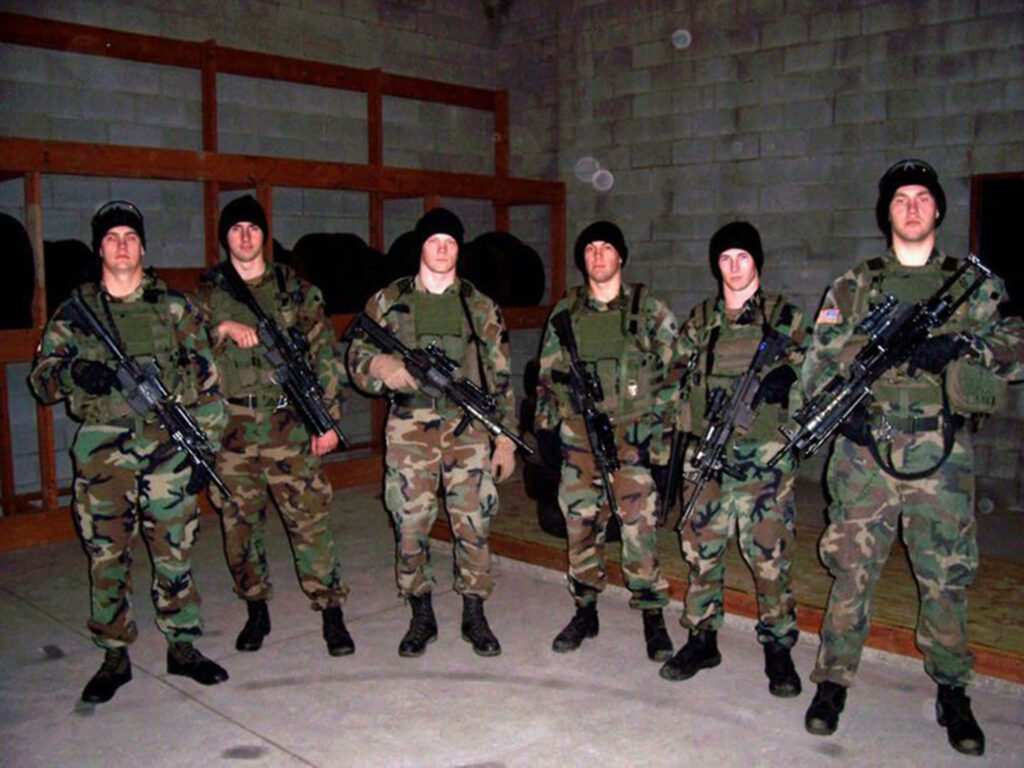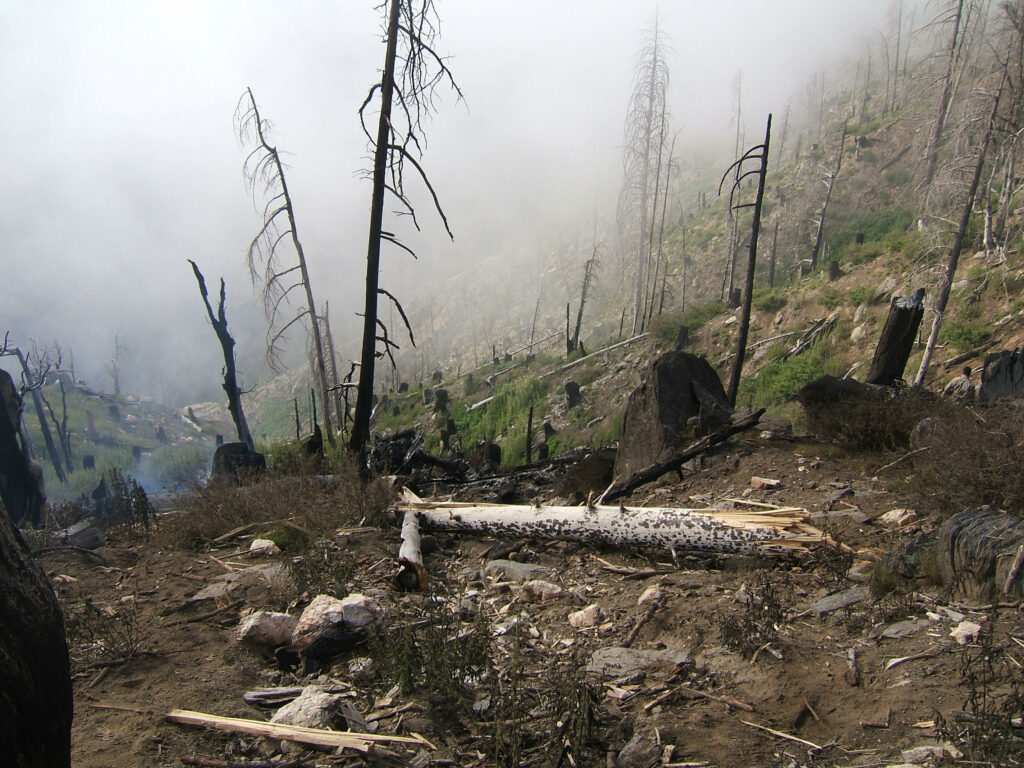A new book released Tuesday tells the story of the efforts U.S. Army Rangers made in summer 2005 to recover the casualties of Operation Red Wings and to rescue the mission’s lone survivor, U.S. Navy SEAL Petty Officer Marcus Luttrell.
“Leave No Man Behind: The Untold Story of the Rangers’ Unrelenting Search for Marcus Luttrell, the Navy SEAL Lone Survivor in Afghanistan” by Dr. Tony Brooks provides the first-hand account of Brooks’ very first mission as a Ranger. That mission, as fate would have it, would see Brooks and his unit tasked with rescuing Luttrell and recovering the 11 Navy SEALs and eight Army Nightstalkers killed in the special operations mission in Afghanistan on June 28, 2005.
In an interview with American Military News, Brooks said the motto “leave no man behind” was “drilled into our heads as U.S. Army Rangers” and his first real mission instilled the importance of that motto as he and his unit risked their own lives trying to find the members of Operation Red Wings.

Luttrell wrote of his own experience surviving through Operation Red Wings, a 2005 special operations mission in Afghanistan to stop Taliban leader Ahmad Shah. The 2007 book “Lone Survivor” was later adapted into a movie of the same name in 2013.
“It’s extremely rare to have something that high-profile as your first mission, I recognize that,” Brooks said. “To me at the moment, it was just another mission, we didn’t recognize the importance of it until years later.”
Brooks was an incoming freshman at the University of Arizona when Al Qaeda terrorists hijacked four airliners to carry out the Sept. 11, 2001, terrorist attacks. Two months after the Sept. 11 attacks, the film “Black Hawk Down” was released, telling the story of U.S. Army Rangers who fought in the Battle of Mogadishu and helped rescue the crew of a downed Black Hawk helicopter. Then there was NFL football player Pat Tillman’s decision to give up his football career and become an Army Ranger. Brooks said all of those events, happening within a matter of months, had been the “momentum changer” that inspired him to join the Army Rangers.
“I felt like I was in the wrong place, I was doing the wrong things and I could do more,” Brooks said.
In January 2003, Brooks quit college and within a few months, he joined the Army. From there, he made his way through the rigorous training to become a member of the 75th Ranger Regiment. The majority of his book focuses on his first deployment out of Ranger training.

In his book, Brooks wrote, “I got my first real look at Afghanistan from the side of the mountain” after offloading from a helicopter onto the Sawalto Sar, a mountain in Afghanistan’s Kunar Province.
After covering his landing, Brooks’ book goes through a nearly hour-by-hour recounting of the rescue and recovery mission that lasted almost two full days.
Throughout the mission, as his unit patrolled along exposed mountainsides and ravines, Brooks described the feeling that he and his unit could be ambushed at any moment.
In one passage, he wrote, “At any moment, I expected the crack of a rifle. My finger . . . rested on the cold magazine well of my M4 carbine. My eyes were fixed in the distance, scanning, sweeping back and forth. As I stared into the maze of pines, my heart rate increased, the sweat still pouring down my browine.

Brooks also described the difficulty of navigating the mountain terrain and scrambles up hillsides covered in loose rocky scree as well as dramatic weather changes.
“That weather out there is unbelievable. It can go from 100 degrees to 50 in an hour,” Brooks said. “And we experienced that on that mountain.”
Brooks told American Military News his experience on that mission added to his appreciation for Luttrell’s survival.
“Marcus Luttrell, to get out of that thing alive, it’s a miracle, I mean I don’t know how,” Brooks said. “Having walked that ground, it blows my mind that he got out of there alive. It’s in an area where, if someone’s above you on the high ground, you’ve got nowhere to go.”
Brooks said he reached out to Luttrell for his inputs about how to handle the story, but that Luttrell declined to discuss the events of that day.
“I get that he’s got some guilt that his friends were killed, but the fact that he got out alive, he should be celebrating,” Brooks said.

Brooks said he felt inspired to record his first-hand account of the mission to rescue Luttrell because “most war stories are about the fighting and the glorious victory of battle, but I think this kind of tells another side of war that kind of really doesn’t get much attention.”
“This was ugly, this was an ugly event,” Brooks added. “And if we just glamorize war all the time, I think that’s a problem. It’s not glamorous. It’s a necessary evil and we should know the good and the bad.”



